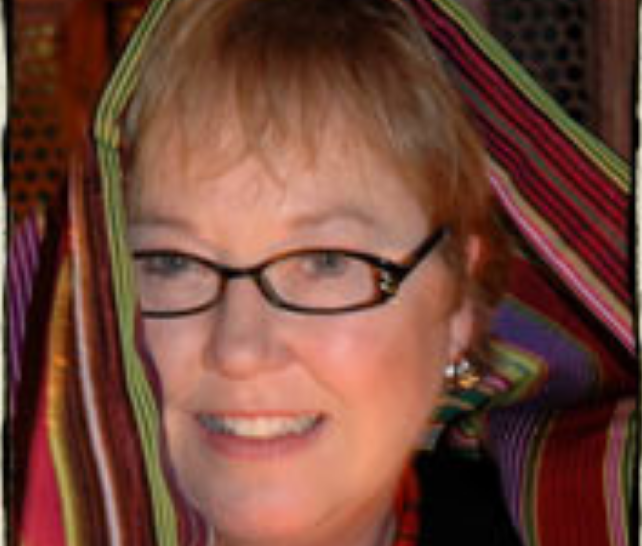“Not only is another world possible, she is on her way. On a quiet day, I can hear her breathing.” Arundhati Roy
Arundhati’s quote reminds us to slow down and listen to the world breathing. COVID Stay-At-Home highlights our society’s propensity for human-doing in lieu of human-being. Before the Pandemic, I sometimes felt like a cartoon character; my legs propelling me in circles sans meaningful forward motion. Doing. Doing. Doing. As if life depended on completing enough tasks to be valued.
I notice when we meet new people, we inevitably ask, “What do you do?”Doing seems to be the indicator of usefulness in American society. We judge our self-worth at the end of the day by how much we “got done”. “Hello, my name is Carol and I do stuff.” Once you’ve identified my doing-ness, I’m then categorized. Labeled. Boxed. Stacked. Shelved. Ready to be respected -- or not.
COVID afforded me time to pause my doing and contemplate my being. Now, I respond to the question, “What do you do?” by saying, “I breathe.”
During COVID I found myself holding my breath in response to the stress. My doctor explained the importance of breathing deeply because shallow breathing does not fully expel septic de-oxygenated air. We are essentially re-breathing poisonous carbon dioxide. To function effectively, brain and body cells need copious amounts of healthy oxygen. Deep breathing nourishes our body.
Corona slowed my sense of time. One of many reasons I value working with credit unions in other cultures is how differently time is celebrated. Early on working in Africa, it took me days to slow down. At first, I carried my time urgency around like precious baggage. When a meeting was delayed, I fidgeted in frustration. I tapped my foot and watched the clock. “Time is money” would creep its insidious message into my psyche.
One Kenyan credit union colleague finally tired of my foot tapping and said, “polay-polay, Miss Carol” (slowly slowly), and began asking about my well-being: How did you sleep last night? How is your family? Have you heard from your parents? Would you like a cup of tea?
I deeply appreciate how African colleagues use story-telling to illustrate their points. The credit union trainer I worked with went on to explain that in the early days, white travelers exploring Kenya would rush to set up camp, explore, then break camp the next day and hurry on. Set up camp. Explore. Move on. Set up camp. Explore. Move on. You get the picture.

One morning the local guide refused to break camp. The explorers became impatient, imploring their escort to hurry -- they had places to investigate and things to discover. The guide responded calmly, “You are moving too fast. I must stay in this camp, to allow my soul to catch up to my body.”
Ndiaw Ndiaw Credit Union is located in a remote village in the Senegal Sahel Desert. At the end of each training day, plastic mats appeared on the warm courtyard sand. We would lie down and stare at the sky in companionable silence. We told stories. We shared personal life experiences. And we would breathe, while the night sky quietly unveiled the constellations. And the splendor of being together filled our souls.
QUESTIONS TO CONSIDER:
1. How are you building the inter-personal relationships of your team members?
2. How might employee “story sharing” between departments and/or branches strengthen trust and enhance personal relationships across work groups?
3. How do you celebrate the human being-ness of your employees?







